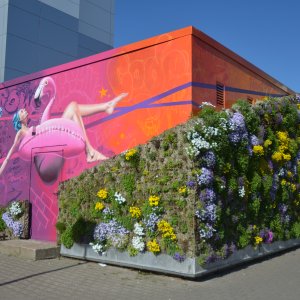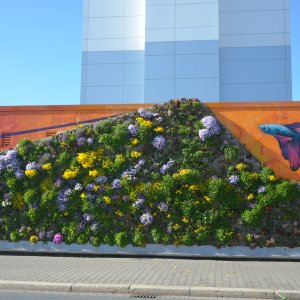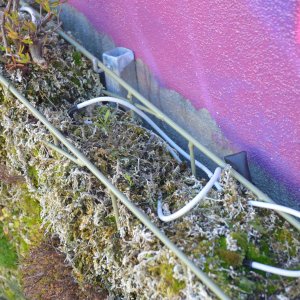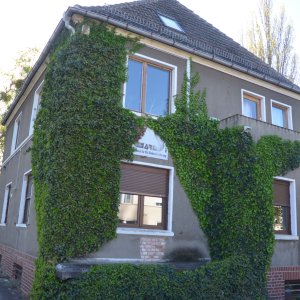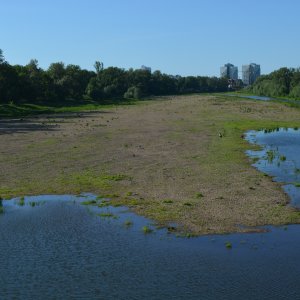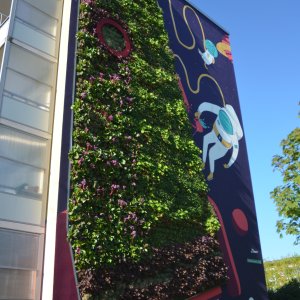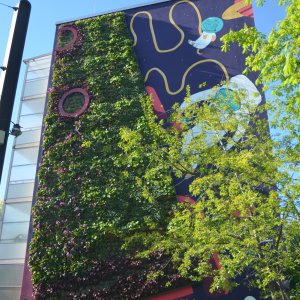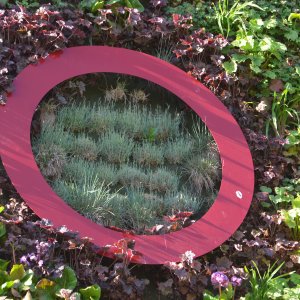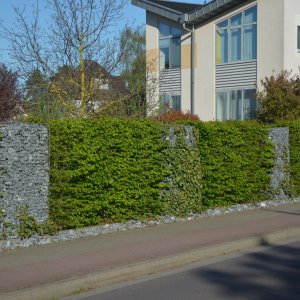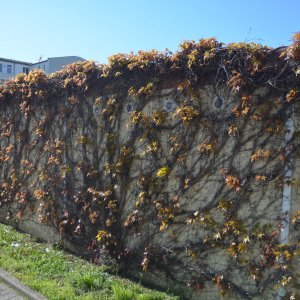KAT: Four Universities of Applied Sciences – One Network
KAT – The Competence Network for Applied and Transfer-Oriented Research was established in December 2005 and serves as a central network of Universities of Applied Sciences (UAS) in Saxony-Anhalt. Its mission is to strengthen collaboration between academia and regional industry in a sustainable way. The focus lies on active knowledge and technology transfer from universities to local businesses, fostering innovation and securing the long-term competitiveness of Saxony-Anhalt’s economy.
The KAT Network brings together the expertise of Saxony-Anhalt's four Universities of Applied Sciences (Magdeburg-Stendal, Anhalt, and Merseburg) and, in collaboration with regional partners, enables the development of practice-relevant research projects. Through ongoing joint funding support, the network strengthens the implementation of innovations, the initiation of research cooperations, the qualification of specialist and managerial staff, as well as the development of application-oriented solutions for societal challenges.
Further information about the KAT Network can be found on the network's website (in German): www.kat-netzwerk.de
Current Research Cluster: Climate Resilience and Climate Neutrality
Currently, the KAT Network pursues two core objectives:
Development of a Sustainable Research and Knowledge Management Concept:
Building upon current national and international research findings, this project develops modern research and knowledge management frameworks, implements them in practical contexts, and tests, evaluates, and refines them within the interdisciplinary research cluster "Climate Resilience and Climate Neutrality".
Investigation of Sustainable, Resilient Solutions for Climate Change Challenges
Focusing on societal requirements within the context of the European Green Deal, this research derives new approaches for climate-neutral and climate-resilient action through evidence-based analysis, subsequently refining them through model applications.
Approach within the Research Cluster
Within the research cluster, methods of research and knowledge management are first scientifically evaluated and implemented in pilot frameworks. These frameworks are then further developed and tested in three living labs. The results of this testing phase are analysed and incorporated into subsequent revisions. Ultimately, this process yields a comprehensive, sustainable research and knowledge management concept, grounded in the findings of the entire cluster.
Thematic Priorities of the Research Cluster
- Climate-neutral production through Industry 4.0 solutions
- Climate-resilient solutions for blue and green infrastructure
- Enhancing disaster preparedness literacy in selected healthcare professions
- Education for sustainable development in early childhood settings
- Climate-neutral, sustainable and resilient approaches in logistics
Contribution of the Engineering Ecology Working Group: Climate-resilient solutions for blue and green infrastructure
Within the research cluster, the Engineering Ecology Working Group focuses on the thematic area of "climate-resilient solutions for blue and green infrastructure". The KAT network facilitates the investigation of current research questions, development of new projects (including doctoral research), establishment of innovative research infrastructure, and utilisation of seed funding as a multiplier for future developments.
The research activities centre on both core themes of climate resilience and climate neutrality, with particular emphasis on practical solutions for cities and regions, and the sustainable preservation of urban quality of life.
The Engineering Ecology Working Group addresses the following key research questions:
Greener Urban Planning
How can urban planning be made ‘greener’ in order to positively influence the urban climate, quality of life and health of residents in the long term, while sustainably integrating and consolidating resource conservation?
Digital planning tools
Which digital tools enable an integrated assessment of climate-resilient and resource-efficient measures in land use and adaptation to climate and land use change?
Climate Adaptation Methods and Degree of Nature-Based Solutions Integration
What climate adaptation methods and approaches exist, to what extent do they incorporate nature-based solutions, and how can this be quantified?
Urban Biodiversity and Habitat Connectivity
What contribution do urban biodiversity and habitat connectivity make to climate adaptation? What role do aspects such as gender equity and climate justice play in this context?
Barriers to Urban Climate Adaptation
What barriers exist for climate adaptation in urban areas, and under what socio-ecological conditions can these be overcome?
Natural Hazards and Their Impacts
Which natural hazards (such as heatwaves, heavy rainfall, storms, low water levels, or drought) and their impacts (for example, water scarcity, reduced air quality due to ozone, BVOCs or particulate matter, or animal epidemics) require what level of response capacity, particularly when considering cascading events?
Land Use Changes, Urban Soils, and Urban Metabolism
What role do land use changes, urban soil characteristics, and urban metabolism play in adaptation measures? How can multifunctional land use and material flow management be optimised for climate resilience, particularly when addressing competing usage demands?
Plant Physiological Processes
What role do plant physiological processes play in climate regulation and air quality improvement, and how can these be quantified and strategically applied in urban planning?
KAT Network | Blue-green infrastructure in Magdeburg – examples
Competence network for applied and transfer-oriented research
(Kompetenznetzwerk für Angewandte und Transferorientierte Forschung)
Meta project: ‘Development of a sustainable, holistic research and knowledge management solution’
Cluster Project Duration
01.01.2024 - 31.12.2027
Funding Programme
Saxony-Anhalt SCIENCE Research and Innovation
(Sachsen-Anhalt WISSENSCHAFT Forschung und Innovation)
Funding Body
State of Saxony-Anhalt, Germany / European Union (ERDF)
